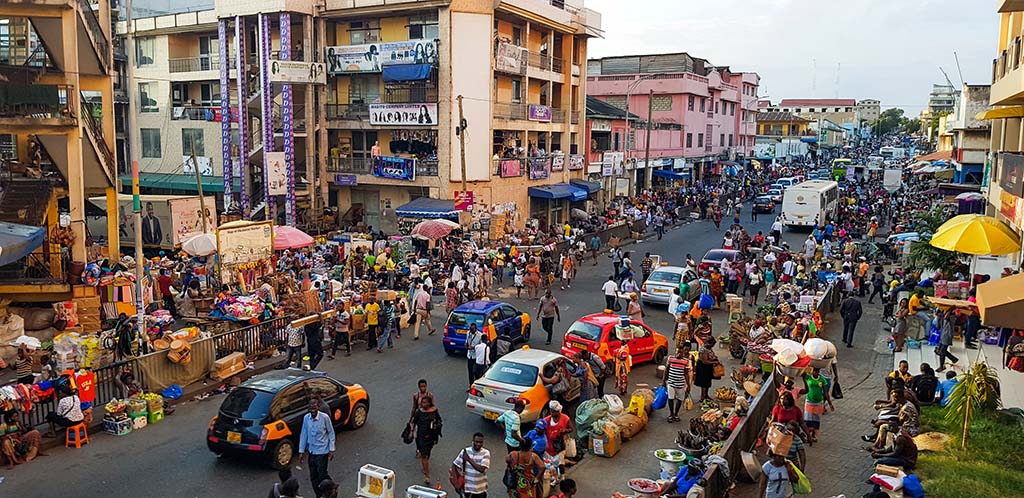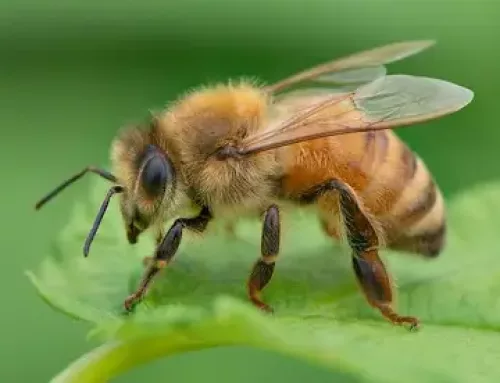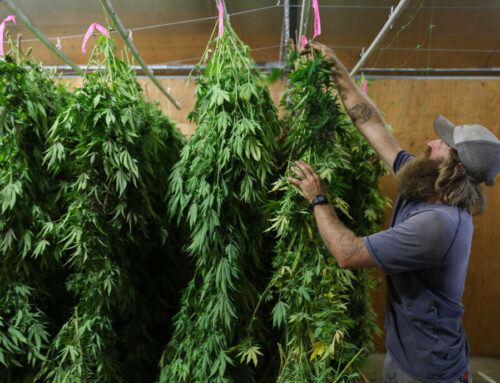Ghana Joins Growing List of African Nations Legalizing Cannabis for Medical and Industrial Use
WORLD- Ghana has recently taken a significant step in cannabis reform by legalizing its cultivation for medical and industrial purposes. This decision, made by the Parliament earlier this month, positions Ghana in line with a global trend that is reshaping cannabis laws and could potentially unlock vast economic and employment opportunities within the nation.
The landmark legislation, passed on December 14, empowers the Interior Minister to issue cultivation licenses, covering a broad spectrum of cannabis industry activities including cultivation, distribution, processing, sale, import, and export. A key feature of this law is the imposition of a 0.3% THC limit on cannabis crops, aligning Ghana’s regulations with those for industrial hemp in the United States.
Experts suggest that cannabis and hemp cultivation could significantly contribute to Ghana’s economy, given the crop’s adaptability to grow in every region of the country and its potential to create numerous job opportunities. This initiative is a continuation of Ghana’s commitment to cannabis law reform, which began in earnest in 2020 with the Narcotics Control Commission Act.
Ghana’s move mirrors actions taken by other African nations such as Lesotho, Malawi, Morocco, South Africa, Eswatini, Uganda, Zambia, and Zimbabwe. South Africa, in particular, has gone a step further by decriminalizing the personal possession of cannabis. A 2022 report highlighted the African cannabis sector’s readiness for substantial growth, with New Frontier Data in 2019 estimating that approximately one-third of the world’s cannabis consumers reside in Africa.
This development in Ghana marks a significant milestone in the continent’s evolving relationship with cannabis, suggesting a shift towards more progressive policies that could lead to economic growth and social changes in the region.



































